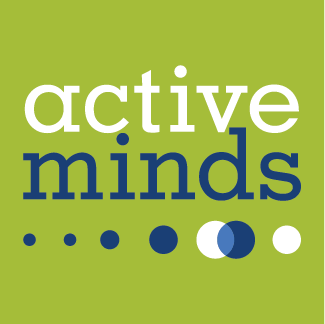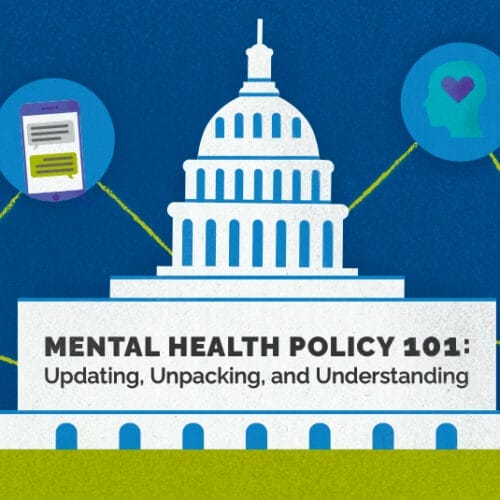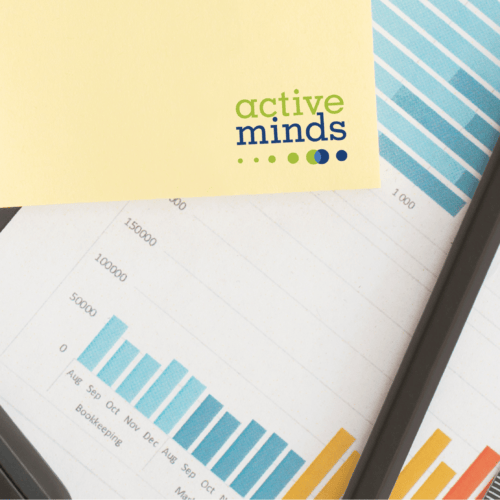In 2021, U.S. Surgeon General, Vivek Murthy, declared that mental health challenges had devastating effects on younger populations. Since then, The Biden Administration has shown a keen interest in addressing the mental health crisis in America through policy. And progress has been made — including expanded crisis response services and mental healthcare access in schools. Recently, the Administration took another big policy stride toward increasing the accessibility of mental health care, which will have an amplified effect on LGBTQ+ and BIPOC youth and young adults.
On July 25, 2023, the Biden Administration released its policy plan to increase accessibility for in-network mental health services. In-network providers are healthcare providers that your insurance company contracts with to provide medical care to its members, while out-of-network providers are providers not contracted with your insurance company. This plan means that if you are seeking mental health services, you can more easily access providers without having to pay expensive out-of-pocket costs for out-of-network mental health services.
The administration’s goal in outlining these measures is to expand access to allow for more culturally competent and equitable care. The following actions will particularly aid LGBTQ+ and BIPOC students in receiving gender-affirming and culturally-relevant care:
Increasing Accessibility for Youth-Centered Mental Health Resources
It will now be easier for schools to bill Medicaid and streamline billing processes, making it simpler for schools to offer mental health services. Additionally, investments will be made in specialized services through the 988 crisis lifeline. These targeted services could be particularly meaningful for LGBTQ+ youth, who proportionally make up a higher number of those who utilize crisis line services as compared to their cisgender and heterosexual peers. With this, the increased utilization of mental health services and comparable payment for mental health care professionals could potentially lead to a more diverse mental health workforce. Greater diversity may translate into more culturally competent care for LGBTQ+ and BIPOC youth, as well as those with specialized mental health needs.
Making Much-Needed Healthcare More Affordable
New efforts were outlined to ensure that insurance providers comply with the Mental Health Parity and Addiction Equity Act (MHPAEA) enacted in 2008. This law prevents group health plans and health insurance issuers from having a bias toward physical care over mental care. The Biden Administration is also setting forth a new policy for health plans to evaluate the outcomes of their plans, which involves assessing the number of mental health providers in-network actively taking patients and ensuring that there is an adequate number of mental health clinicians included in the plan. In order to acknowledge the mental health workforce shortage, the Biden administration also proposed amendments for out-of-network clinicians. If your insurance company provides out-of-network coverage, this plan will ensure that the amount the insurance covers is not disproportionately lower than that of physical health providers.
Bringing These Benefits to Thousands More
Finally, the Biden Administration proposed closing the loopholes in the existing MHPAEA. With the Biden Administration’s new plan, state and local health plans, not just federal, would be required to comply with MHPAEA requirements. This would ensure 200 more health plans are compliant with MHPAEA, which affects 90,000 consumers, 42.9% of whom are children and young adults.
At Active Minds, mental health equity is central to our mission, and we maintain the need for a system of care that provides equitable services responsive to diverse needs. By including these provisions, the administration addresses equity concerns within the mental health realm, understanding that not everyone has the ability to pay the full cost of a mental health provider, but everyone still deserves appropriate and effective healthcare.
To encourage future mental health policy that focuses on equity and accessibility, students can continue to speak out against issues in their community and on social media. By garnering large support, you can make waves in how the conversation is shaped and what is most important for lawmakers to focus on. Another great way to push for more legislation is to call upon your state and federal representatives and encourage them to sign on to existing pieces of legislation. You can find some of the other pieces of legislation we support here, and you can find your representatives using this free tool. Let your voice be heard!







